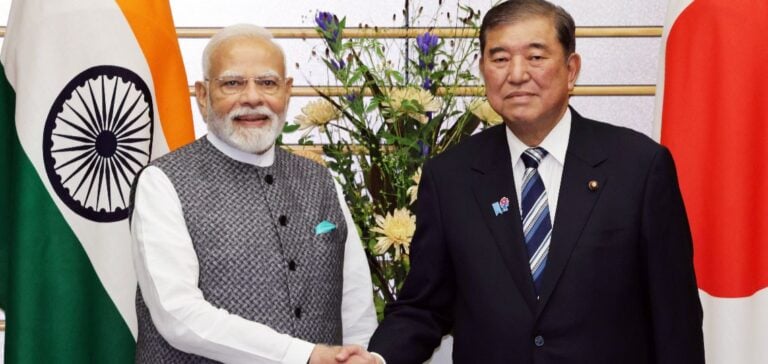India is aiming to attract $68bn in Japanese investment to accelerate the development of its gas sector and hydrogen-related projects. Minister of Petroleum and Natural Gas Hardeep Singh Puri presented this ambition during a roundtable in Tokyo with several Japanese energy industry leaders. The initiative is part of the India-Japan Joint Vision, which targets a doubling of Japanese private investment in India from $34bn to $68bn over the coming years.
Strengthening the bilateral energy partnership
Japan, which produces less than 10% of its own energy, sees the partnership as a strategic opportunity for its industrial groups. India, anticipating significant energy demand growth, seeks to attract capital to develop domestic resources. Full liberalisation of its upstream sector to foreign direct investment (FDI) and the application of the Open Acreage Licensing Policy (OALP) are key elements of this strategy.
Expanded access to Indian sedimentary basins
Indian authorities are aiming to attract Japanese companies to underexplored offshore projects, particularly in category II and III basins. Legal reforms under the Oilfields (Regulation and Development) Act are intended to simplify allocation mechanisms and encourage more foreign participation. Indian state-owned energy companies generated $315bn in revenue for 2024–2025, highlighting the sector’s economic relevance for international investors.
Planned expansion of LNG imports
India’s natural gas demand could reach 500mn m³ per day by 2040, up from 260mn m³ currently, requiring a sharp rise in LNG imports. Volumes are expected to surpass 70mn tonnes per year before 2040, compared to 27mn tonnes imported in 2024. This expansion will require new import terminals, the deployment of floating storage and regasification units (FSRUs), and increased demand for LNG carriers built in Japan and South Korea.
Strategic scope in the Indo-Pacific
Cooperation between New Delhi and Tokyo is aligned with a regional supply chain diversification strategy. Joint development of port infrastructure, logistics corridors and alternative fuel solutions aims to strengthen energy resilience in the Indo-Pacific. The Japan Bank for International Cooperation (JBIC) may play a role in financing hydrogen and gas infrastructure projects, offering prospects for long-term collaboration.






















